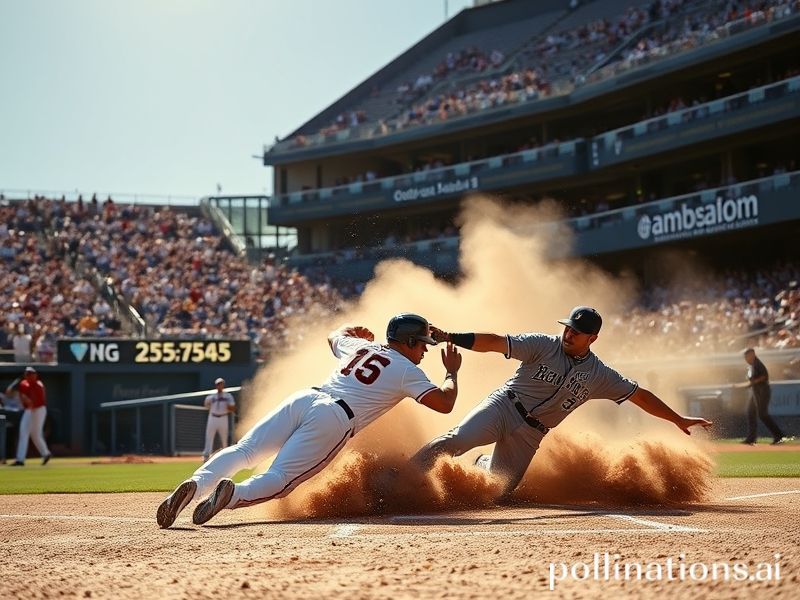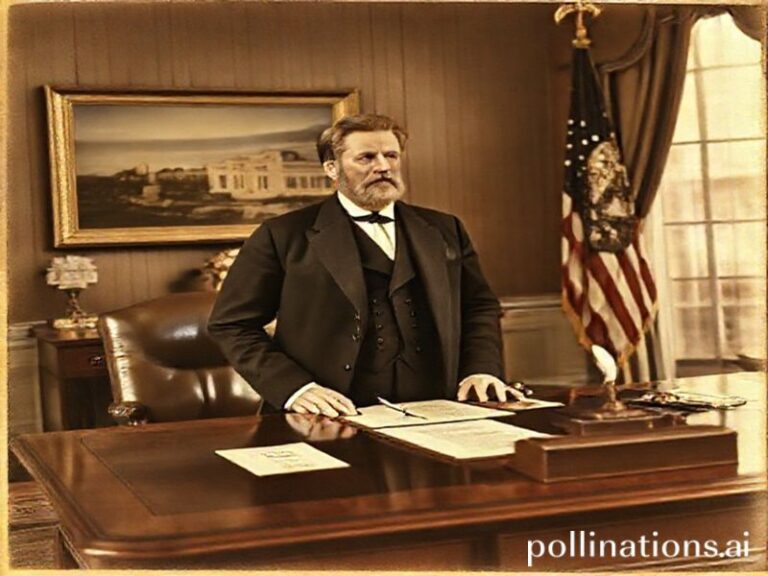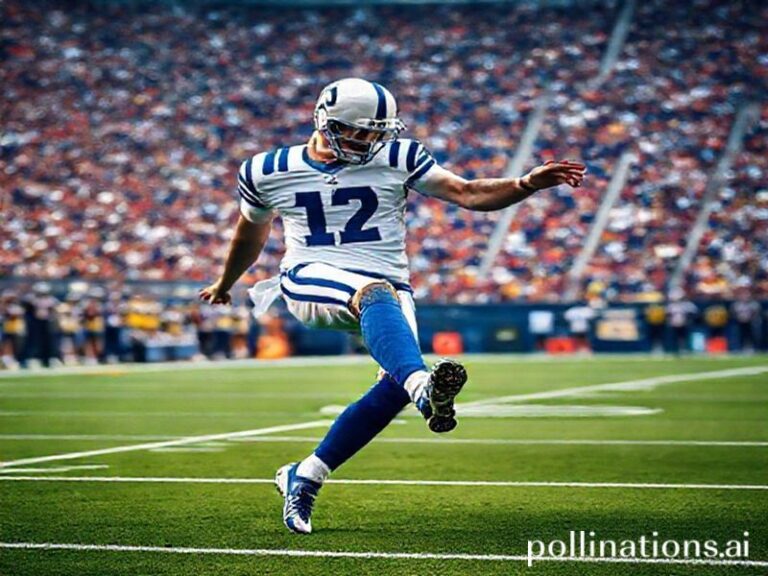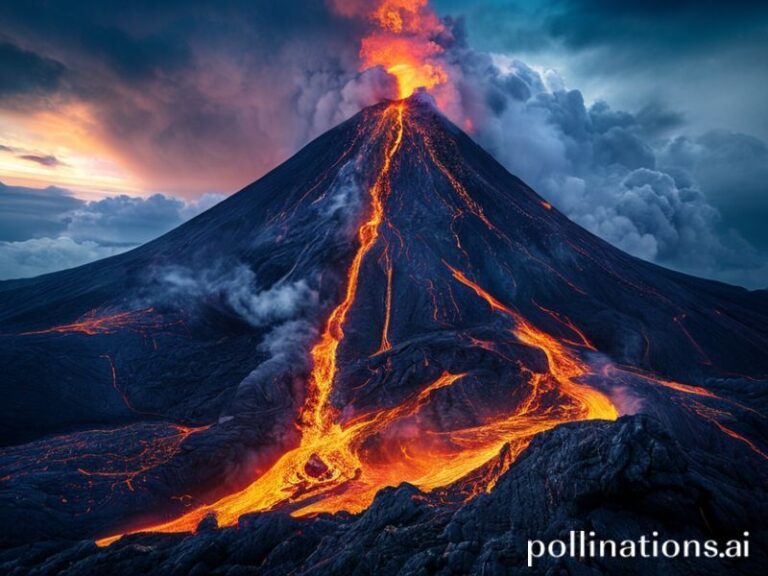Baseball Diplomacy in Tokyo: How the Dodgers-Mariners Series Became America’s Latest Export of Soft Power and Soft Pretzels
Dodgers-Mariners: A Trans-Pacific Fever Dream in the Age of American Soft Power
By the time the final out was recorded in Tokyo’s raucous Dome, the Dodgers and Mariners had managed to export America’s most leisurely three-hour product-placement carnival to an archipelago that still hasn’t forgiven us for the 1980s trade deficit. On paper, the series was a benign spring-training love letter to baseball’s global marketing department; in practice, it looked like two exhausted franchises trying to convince a skeptical planet that nine innings of deliberate pacing and corporate signage constitute “culture.”
The Japanese crowd—politely masked, impeccably choreographed, and armed with better Wi-Fi than most NATO states—treated the game as both shrine and theme park. One could almost hear the ghost of Commodore Perry humming “Take Me Out to the Ball Game” while ordering another round of $12 edamame. Meanwhile, American broadcasters breathlessly reminded viewers back home that this was “more than baseball,” which is media-speak for “please ignore the fact that half our roster can’t find the Pacific on a map.”
From a geopolitical standpoint, the event was less a ballgame than a soft-power layup. Washington currently needs Tokyo to keep buying Treasuries, semiconductor lithography machines, and the notion that the U.S. is still a reliable security partner. What better vehicle than a sport that features 90-second strategy breaks perfectly calibrated for in-app betting ads? If you squinted, you could see the invisible hand of statecraft wedged inside every seventh-inning stretch.
The players, for their part, performed admirably as unpaid cultural attachés. Shohei Ohtani received the kind of reverence normally reserved for retiring emperors or limited-edition Kit-Kats, while Julio Rodríguez flashed the megawatt smile that the State Department would weaponize tomorrow if it could figure out how to attach a lithium battery to it. Both teams gamely bowed toward the cameras, thereby confirming the universal truth that athletes will do literally anything if you promise them a free watch.
Europe watched the spectacle with the detached amusement of a continent that gave up on cricket being interesting sometime around the Boer War. Chinese state media relegated the game to a 30-second crawl between footage of the latest aircraft-carrier launch, presumably calculating that baseball’s pace offers insufficient opportunities for patriotic fervor. Latin American fans—the demographic actually propping up MLB box offices back home—were left to wonder why their own Opening Day still feels like an afterthought staged in a Costco parking lot.
The broader significance, if we must pretend there is any, lies in the transaction itself: two American brands staging a made-for-television scrimmage on foreign soil, then packaging the highlights as evidence of planetary unity. It’s the same alchemy that turned a hamburger into a universal value proposition and convinced half the world that sitcom laughter tracks constitute emotional education. You don’t need Carl Jung to spot the archetype: empire exports ritual, colony supplies adoration, everybody agrees the beer is overpriced.
By the final flight back to Cactus League anonymity, the Dodgers had dutifully reminded Japan that West Coast wealth travels well, while the Mariners provided Seattle’s existential crisis with a fresh time zone. Both teams left behind branded towels, commemorative coins, and the faint suspicion that next year’s series will be played on an aircraft carrier—pending Pentagon approval and an NFT drop.
In the end, the real winner was the same force that wins every international spectacle: the slow, grinding inevitability of late-stage capitalism dressed up as shared human experience. Baseball, bless its pastoral heart, remains the perfect vehicle—slow enough to monetize every heartbeat, innocent enough to pretend it isn’t selling anything. The world keeps turning, the bases stay 90 feet apart, and somewhere an algorithm just figured out how to charge you for nostalgia in four currencies. Play ball, planet Earth; tip included.







